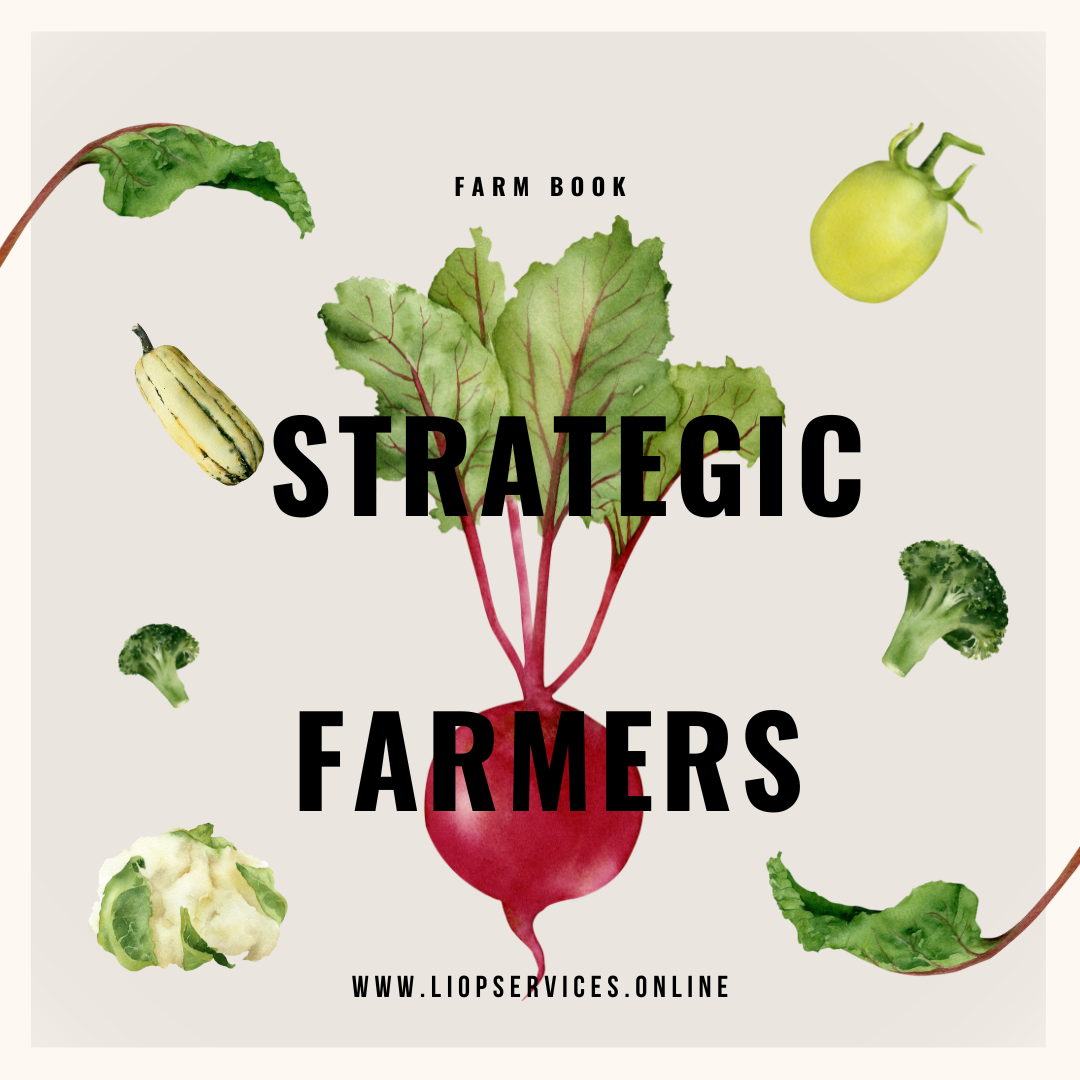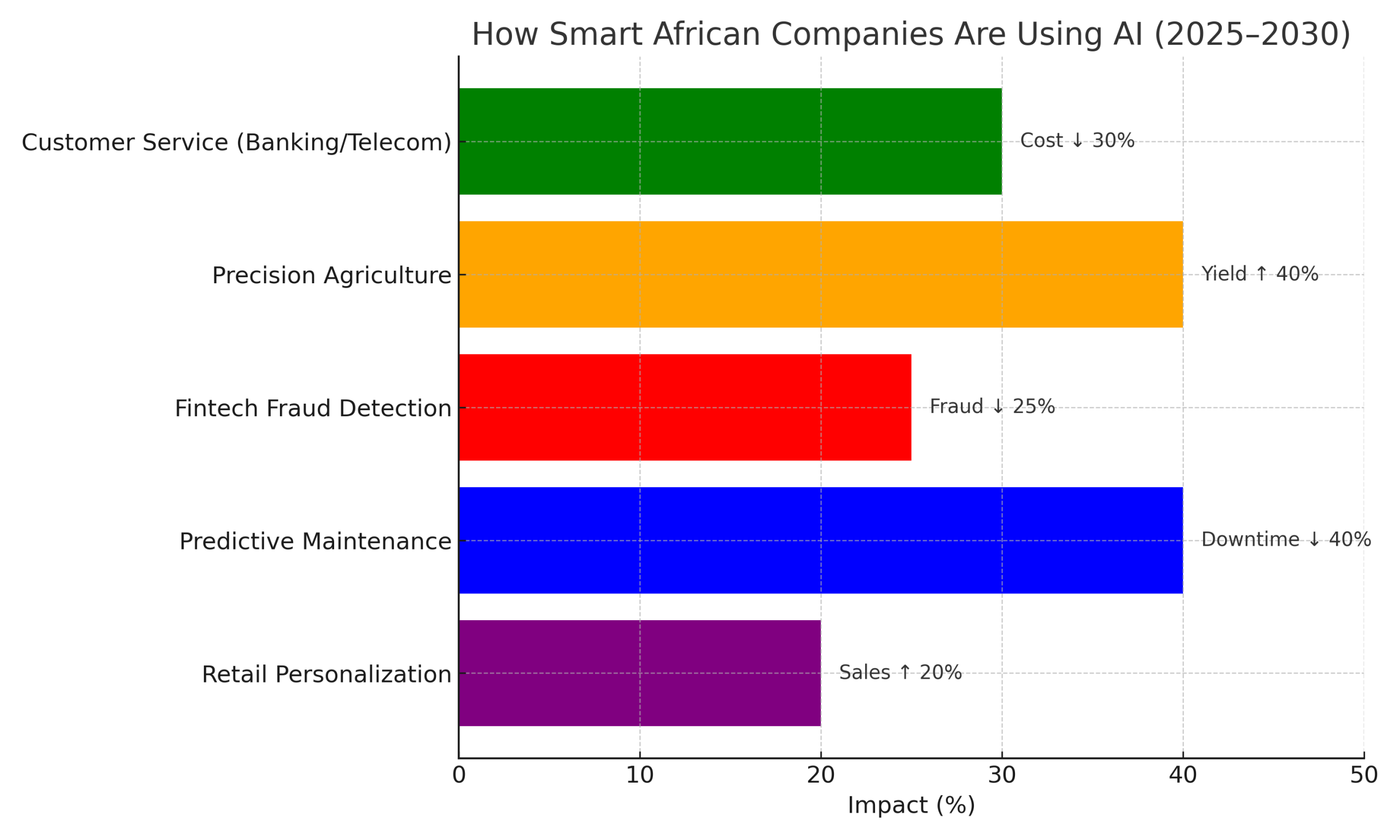PRACTICLE TIPS FOR SUSTAINABLE VEGETABLE FARMING BUSINESS IN BOTSWANA
As the world population continues to grow, the need for sustainable vegetable production becomes increasingly important. In Africa, the challenges of global warming and hunger are particularly pressing. Vegetable farmers in in Botswana and Africa at large must not only contend with these challenges, but also navigate a complex landscape of government support and regulations. To be successful, they must be strategic in their approach to vegetable farming. In this guide, we will share some tips for vegetable farmers in Botswana (Africa) on how to maintain a farm book, manage costs, identify profitable crops, plan for future harvests and make informed decisions.
Importance of book keeping for a vegetable farmer
Bookkeeping is important for a vegetable farmer because it allows them to keep track of their financial transactions, including income and expenses. This information can be used to make informed decisions about the operation of their farm, such as determining which crops are most profitable and identifying areas where costs can be reduced. Additionally, accurate bookkeeping records can be used to support loan applications or other financial transactions. Overall, bookkeeping helps a vegetable farmer to have a better understanding of the farm’s financial situation and make more informed decisions about their vegetable farm.
Here are a few tips on how to maintain a farm book for a vegetable farmer:
1. Keep accurate records: Make sure to record all financial transactions, including income and expenses, in a timely manner. This will ensure that your records are up-to-date and accurate.
2. Use a consistent format: Use a consistent format for your records, such as a spreadsheet or accounting software, to make it easier to track and analyze your financial information.
3. Use categories: Group similar transactions together, such as all expenses related to seeds, fertilizer or labour to keep the record more organized.
4. Keep all receipts and invoices: Keep all receipts and invoices for your transactions, as these can be used to verify your records and provide supporting documentation if needed.
5. Review and analyze your records regularly: Review and analyze your records on a regular basis, such as monthly or quarterly, to identify trends and make informed decisions about your farm operation.
6. Seek help if needed: If you find maintaining the records challenging, consider seeking help from an accountant or bookkeeper who can assist you in keeping accurate records and analyzing your financial information.
7. Keep track of inventory: Keep track of your inventory levels, including the types of vegetables you have, the quantities and when they were planted, when they are expected to be harvested and how much you expect to sell them for. This will help you to manage your costs, identify profitable crops and plan for future harvests.
8. Create a budget: Create a budget for your farm and stick to it. This will help you to manage your costs and identify areas where you may be overspending.
9. Record weather and climate conditions: Keep track of the weather and climate conditions in your area and how they may have affected your farm production. This information can be used to plan for future growing seasons and to make decisions on what crops to plant.
10. Keep personal and business finances separate: Keep your personal and business finances separate by opening a separate bank account for your farm. This will make it easier to track your farm’s financial performance and will also simplify tax filing.
11. Use digital tools: Utilize digital tools such as accounting software, cloud storage, and mobile apps to keep your records organized and easily accessible. This will also help with the analysis of the data.
By following these tips, a vegetable farmer can ensure that they have accurate, up-to-date financial records which will help them to manage their costs, identify profitable crops, plan for future harvests, and make informed decisions about their farm operation.






